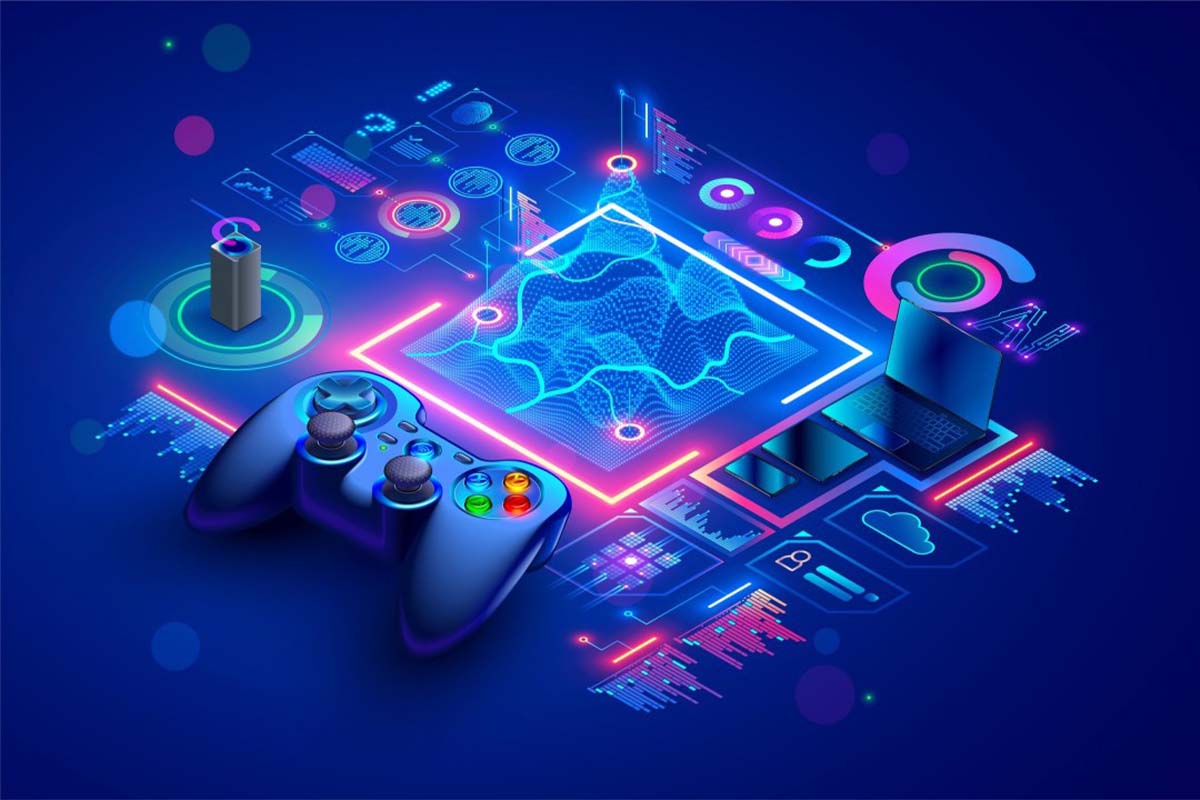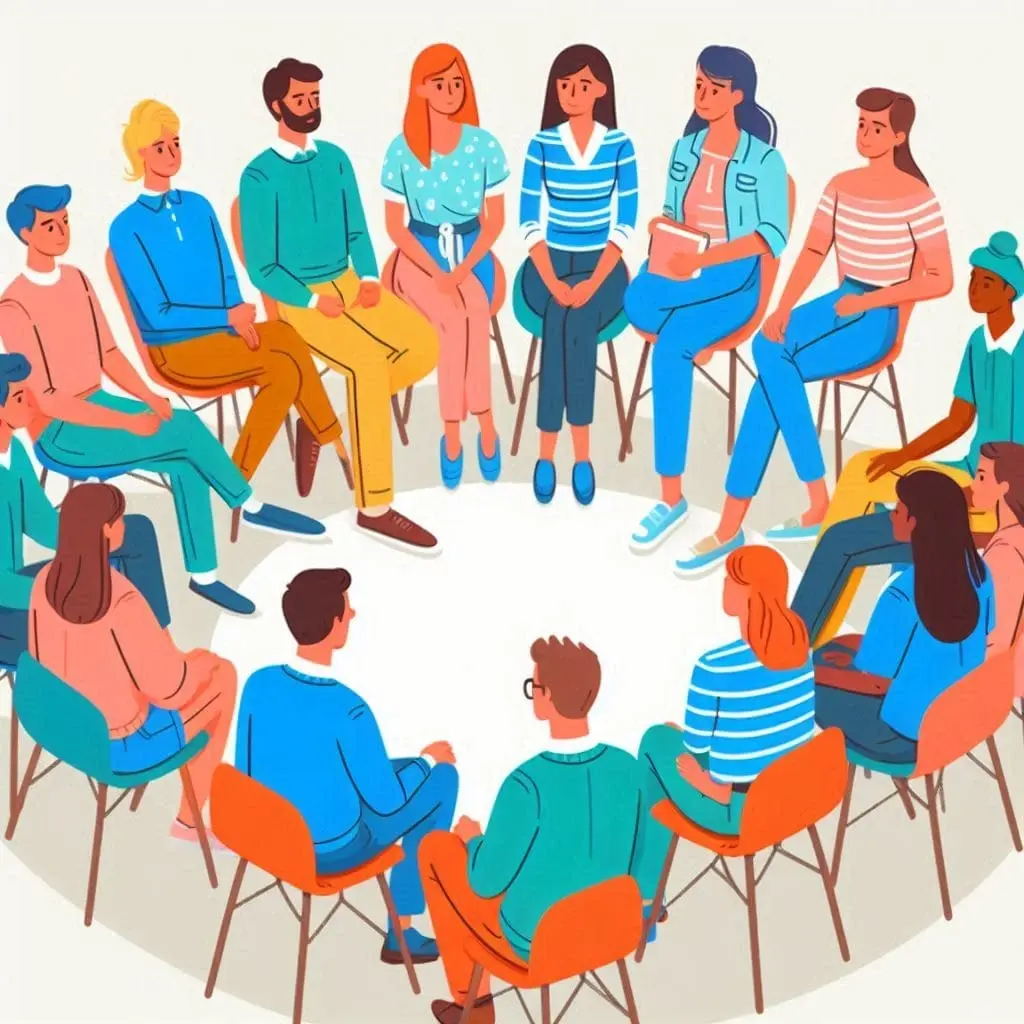How Gamification Enhances Mobile App Engagement And Loyalty?
Gamification has emerged as one of the most effective strategies for keeping mobile app users engaged and motivated. By applying game-like mechanics such as rewards, challenges, and progress tracking, developers can transform routine interactions into enjoyable experiences. This approach not only boosts engagement but also fosters long-term user loyalty.
Gamification Enhances Mobile App
Understanding gamification
Gamification is the practice of incorporating elements traditionally found in games into non-gaming environments. In mobile apps, this can include points, badges, leaderboards, levels, and achievement tracking. These features tap into human psychology by stimulating competition, achievement, and recognition, encouraging users to return and interact more frequently.

User motivation
Users feel rewarded for completing tasks, whether through virtual prizes, public recognition, or unlocking new features. This motivation encourages them to spend more time in the app, complete more actions, and explore additional features they might have otherwise overlooked.
Increased retention
Retention is one of the biggest challenges in mobile app development, with many users abandoning apps within days of installation. Gamified experiences help combat this drop-off by giving users consistent incentives to return. Streak tracking, daily challenges, and progressive rewards create habits that keep users engaged over the long term.

Behavioral influence
Gamification subtly shapes user behavior by guiding them toward desired actions. For example, a fitness app may use progress bars to encourage more workouts, while a learning app may award badges for completing lessons. Over time, these small incentives create consistent behavior patterns that align with the app’s goals.
Personalization impact
Personalization amplifies the effectiveness of gamification by tailoring rewards and challenges to individual preferences. Mobile apps can track user behavior and adjust gamified elements accordingly, ensuring that each user experiences relevant and motivating incentives that feel uniquely designed for them.
Social connection
Gamification often incorporates social features that encourage users to interact with one another. Leaderboards, friend challenges, and shared achievements create a sense of community. This social interaction strengthens user loyalty, as people are more likely to stay engaged when their friends and peers are also participating.

Brand loyalty
Beyond engagement, gamification plays a role in brand loyalty by creating memorable and enjoyable user experiences. When an app consistently rewards interaction and progress, users associate those positive feelings with the brand. This emotional connection can make them less likely to switch to competitors.

Measurable outcomes
Gamification provides clear metrics for tracking engagement and retention. Developers can measure how often users complete challenges, earn rewards, or participate in social competitions. These insights help refine the app’s features, ensuring that gamified elements continue to deliver meaningful results.
Industry applications
Gamification is used across industries, from education and fitness to finance and retail. Learning apps make studying fun through quizzes and milestones, while shopping apps reward purchases with points that can be redeemed for discounts. Regardless of industry, the principles remain the same, engage users through enjoyment and achievement.
Conclusion
By leveraging the psychology of motivation, personalization, and social connection, apps can encourage repeated use and long-term commitment. When implemented thoughtfully, gamification not only improves user satisfaction but also strengthens brand relationships, ensuring that users keep coming back for more.
